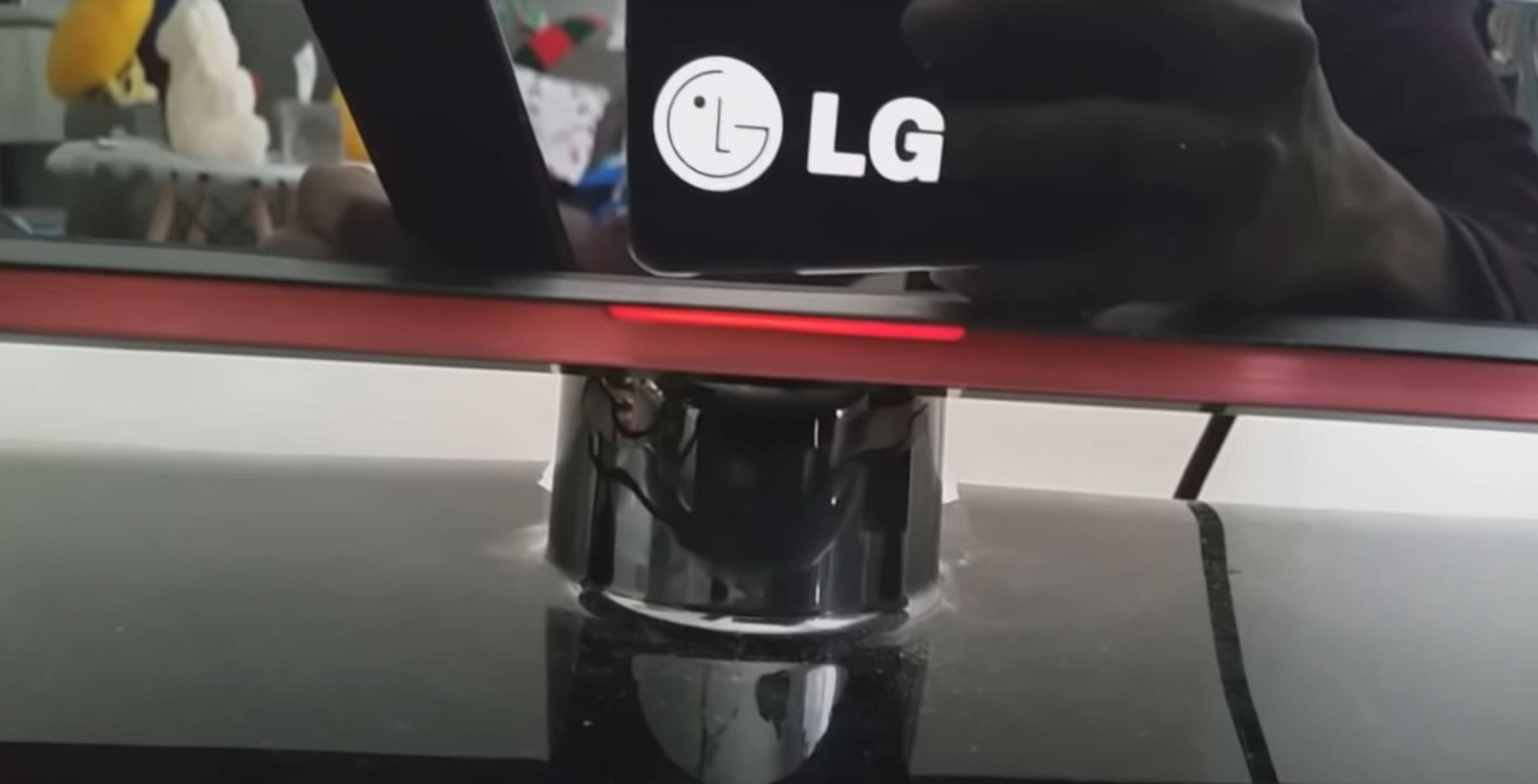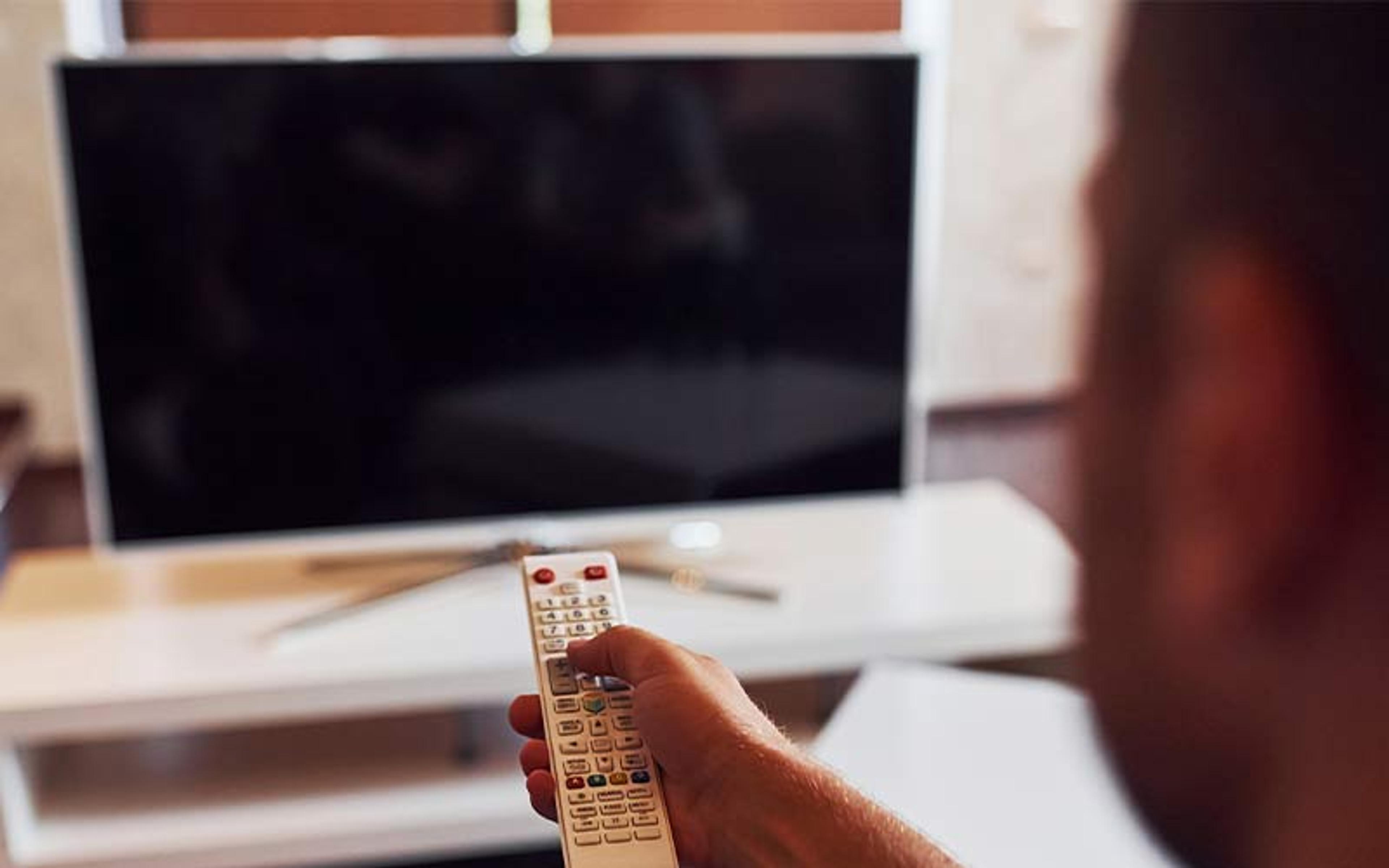That red flashing on your LG TV might make you wonder what's wrong. There are several things that the red light on your TV that keeps blinking could mean. That's like a sign that something might not be correct.
The TV tells you to pay attention when you see this flash. It might be a simple problem that you can fix quickly at other times, but you might need help from a professional.
Remember that electronics can talk to us, and the red light that blinks on your LG TV is one way it does that. Keep an eye on it and see if the blinking does anything repeat itself.
Understanding and Common reasons why your lg tv blinking red
When your electronic devices, like your LG TV, display a blinking red light, it's often a sign of an underlying issue. When it blinks, the TV is signaling that attention may be required.
Power Issues: Check if the TV is properly plugged in and the outlet works. Sometimes, power fluctuations can cause blinking lights.
Remote Control Signals: Ensure no remote control buttons are stuck. Sometimes, a stuck button can cause the TV to receive signals that trigger the blinking light.
Software Updates: TVs often blink red during software updates. If this is the case, it's normal, and you should wait for the update to complete.
Overheating: Check if the TV is well-ventilated. Overheating can trigger the red light as a safety measure.
Technical Problems: If none of the above helps, there might be technical issues with the TV. In such cases, contacting LG customer support or a technician might be necessary to diagnose and fix the problem.
Loose Cable Connections
Loose cable connections can be a common reason for issues with your electronic devices, including your TV.
When cables connecting your TV to power sources, cable boxes, or gaming consoles are not securely plugged in, it can cause disruptions in the signal and lead to problems like a blank screen or poor picture quality.
To fix this issue, ensure all cables are firmly connected to their respective ports on the TV and other devices. Sometimes, cables can become loose due to accidental tugs or movements, so it's a good idea to check and reseat them, if necessary, periodically.
This simple fix can often resolve common problems associated with loose cable connections and restore your TV's functionality.
Due to Power Issues
Power issues can disrupt the normal functioning of electronic devices like your TV. When your TV experiences power issues, it might not turn on properly, or it could randomly shut off.
These issues could stem from various sources, such as faulty power outlets, damaged power cords, or power surges. Checking the power source is essential.
You can do this by plugging in something else or using a multimeter. Also, check the power wire for any signs of damage or normal wear and tear.
Sometimes, power surges caused by lightning or electrical fluctuations can affect your TV's operation. Investing in surge protectors can help safeguard your TV and other electronic devices from potential damage caused by power issues.
Remote Control Signal Interference
Remote control signal interference can commonly affect your TV's functionality. When your TV remote and other electronics in your home send messages at the same frequency, they can mess up the signals they send.
This interference can result in your TV not responding to remote commands or behaving erratically. Familiar sources of interference include other remote-controlled devices like DVD players, set-top boxes, or even fluorescent lights.
To address this problem, try moving these devices away from your TV or using them in a different location. Replacing the batteries in your remote control can also ensure a more robust signal that is less susceptible to interference from other devices.
Overheating Issues - Preventing TV Damage
Overheating issues can harm your TV if not addressed. When electronic devices like TVs get too hot, it can lead to performance problems and even damage internal components.
Overheating often happens when the TV is placed in a poorly ventilated area or when air vents are blocked by dust or other obstructions. To prevent overheating, make sure your TV has enough space around it for air to circulate freely, and keep the vents clean by dusting them regularly.
Avoid placing objects on top of or near the TV that could block airflow. Additionally, consider using a small fan or installing a cooling pad underneath the TV to help dissipate heat more effectively, thus protecting your TV from potential damage caused by overheating.
Software Glitches - Rebooting and Updating
Here are the steps to troubleshoot and fix software-related issues on your TV:
- Identify software-related issues: If your TV is experiencing problems like freezing or slow response times, it might be due to software glitches.
- Reboot your TV: The first step in addressing software glitches is to reboot your TV. Turn it off using the remote or the power button on the TV itself. Please wait for a few seconds, then turn it back on. This action can often clear temporary glitches and restore regular operation.
- Check for software updates: Software updates are essential for fixing bugs and improving performance. Most TVs allow you to check for updates through their settings menu or connect to the internet.
- Navigate to the settings menu: Using your TV remote, access the settings menu. A gear or wrench icon typically represents this.
- Find the "Software Update" section: Within the settings menu, look for the section related to software updates. This may be labeled as "Software Update," "System Update," or similar.
- Check for updates: Once in the "Software Update" section, select the option to check for updates. Your TV will then search for any available updates.
- Install updates if available: If updates are found, follow the on-screen instructions to download and install them. Depending on the update size and your internet connection speed, this process may take some time.
- Reboot your TV again: After installing updates, it's a good practice to reboot it once more to ensure the changes take effect.
- Monitor performance: After rebooting and updating your TV's software, monitor its performance to see if the issues have been resolved. If problems persist, you may contact customer support for further assistance.
Faulty Power Supply or Main Board
If your TV experiences problems like not turning on or unusual behavior, it might be due to a faulty power supply or main board. The power source gives the TV power, while the main board controls its functions.
Issues with either of these components can result in power-related problems or TV performance disruptions. Signs of a faulty power supply or main board include flickering screens, audio issues, or the TV not responding to remote commands.
In such cases, Getting help from a trained technician or the manufacturer is very important. They can correctly determine what's wrong and suggest repairs or replacements that will work your TV again.
Motherboard Problems - Assessing the Damage
Motherboard problems can significantly affect your TV's performance and functionality, and it's essential to understand how to assess the damage.
The motherboard, the main circuit board, is the central component that connects and controls all other parts of the TV.
A problem with the motherboard can cause various issues, such as no power, distorted images, or audio problems. To assess motherboard damage, you must check for physical signs like burnt components or bulging capacitors.
Additionally, troubleshooting steps like resetting the TV or updating its firmware can help determine if the issue lies with the motherboard.
If you have problems with the motherboard, you should get it fixed or replaced by a professional to ensure your TV works correctly.
In Last Thought
Understanding why your LG TV blinks red is crucial for troubleshooting and ensuring optimal performance. Several things, including power problems, could cause this problem, such as messed up software or interference in the remote control signal.
By familiarizing yourself with these common causes and implementing the appropriate solutions, such as checking cable connections, addressing power supply issues, and updating software, you can effectively resolve many of the problems your TV may encounter.
Frequently Asked Questions
About Hamza Liaqat
Hamza Liaqat, our tech maestro, is a software engineer with a passion for cutting-edge technologies and experience of more than 7 years in tech industry. As the founder of DifferentDaily.com, he navigates the tech frontier, unraveling AI, Blockchain, and Web3 intricacies. Hamza's troubleshooting finesse and commitment to practical solutions make him your go-to guide for all things tech. Welcome to innovation, curated by Hamza Liaqat.


